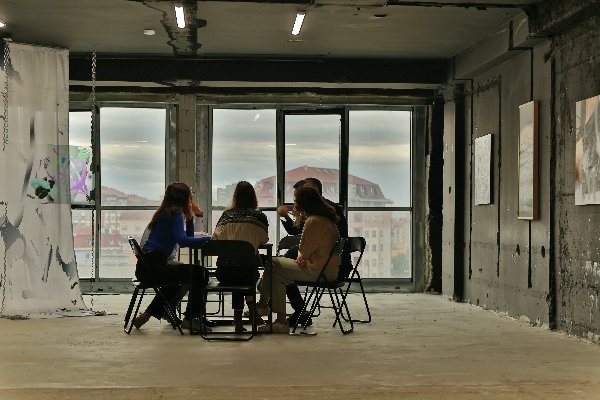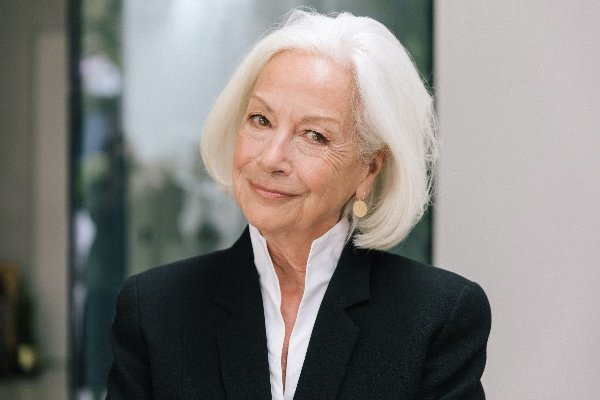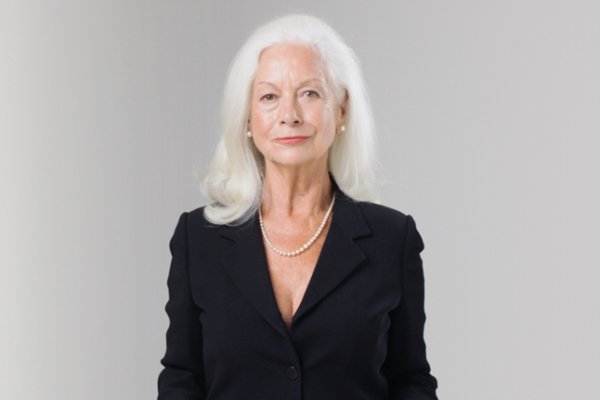This article first appeared in our World Environment Day issue of My Green Pod Magazine, published 05 June 2024. Click here to subscribe to our digital edition and get each issue delivered straight to your inbox
Climate change is no longer confined to academic discussions or high-level meetings.
It has become a defining issue of our time, impacting every aspect of our lives – from food security to public health and even our economic stability.
Some 3.6 billion people live in areas highly susceptible to the impacts of climate change, according to the World Health Organisation (WHO).
Between 2030 and 2050, the WHO estimates 250,000 deaths per year will be due to climate change-related factors such as under-nutrition, malaria, diarrhoea and heat stress.
Climate and conflict
From a peacebuilding standpoint, climate change has the potential to exacerbate existing challenges like food insecurity, water scarcity or resource management. This then increases the likelihood of violent conflicts.
In fact, climate change has already been a contributing factor to violent conflict in regions like Syria, where tensions escalated due to perceived government mishandling of a national drought, and in Sudan, where conflicts have partially centred on access to land, water and other essential resources.
So what can we, as peacebuilders, offer in this complex and nuanced landscape?
From our perspective, one thing is clear. Tackling climate change can only be effective if it involves all stakeholders – in other words, we need to find ways to work with every level of society, from individuals and communities to national and international policymakers.
For instance, the mine required to extract the minerals we need to power the green energy transition may create jobs. It may also destroy biodiversity-rich natural habitat and local people’s livelihoods.
How can these seemingly opposing sides meet?
Peacebuilding gives us the tools to make this kind of wide-ranging negotiation and dialogue possible.
 Play Video about This Rock Might Just Save The World
Play Video about This Rock Might Just Save The World Play Video about Play 2 hours of rock
Play Video about Play 2 hours of rock Play Video about Play 2 hours of brook
Play Video about Play 2 hours of brook Play Video about Play 2 hours of sheep
Play Video about Play 2 hours of sheep













































